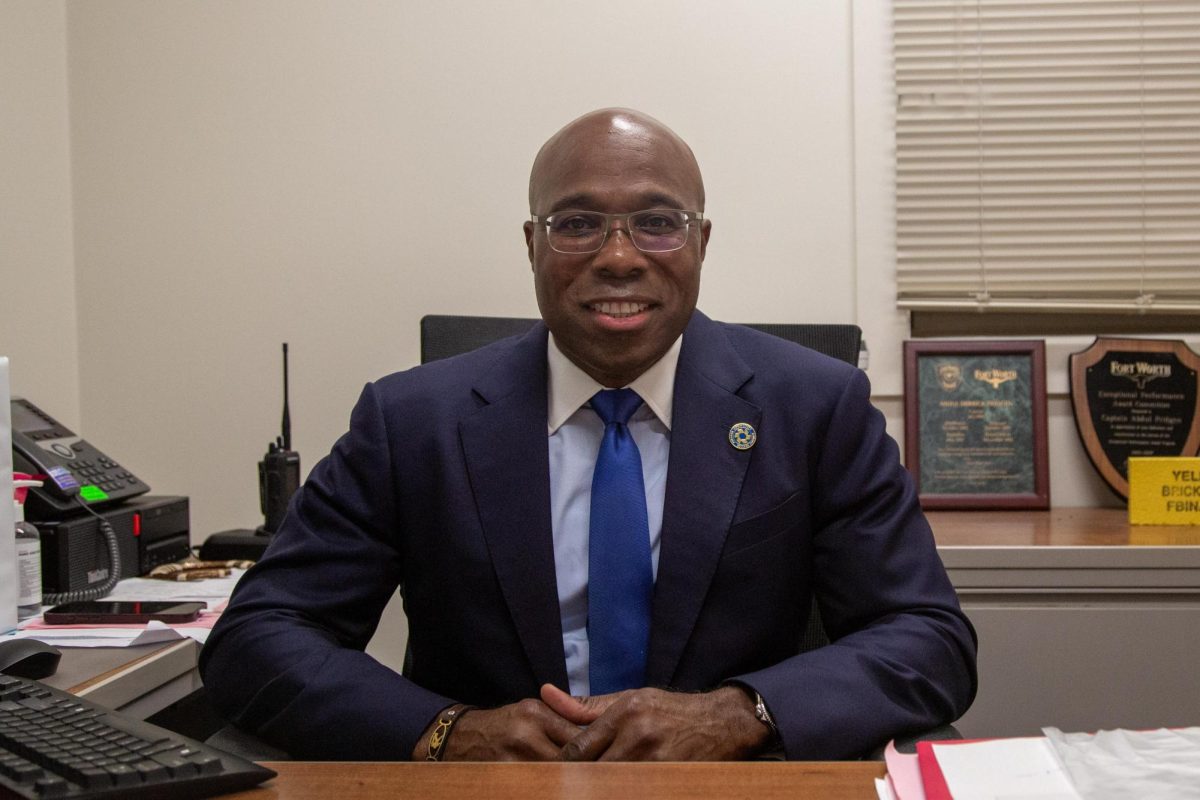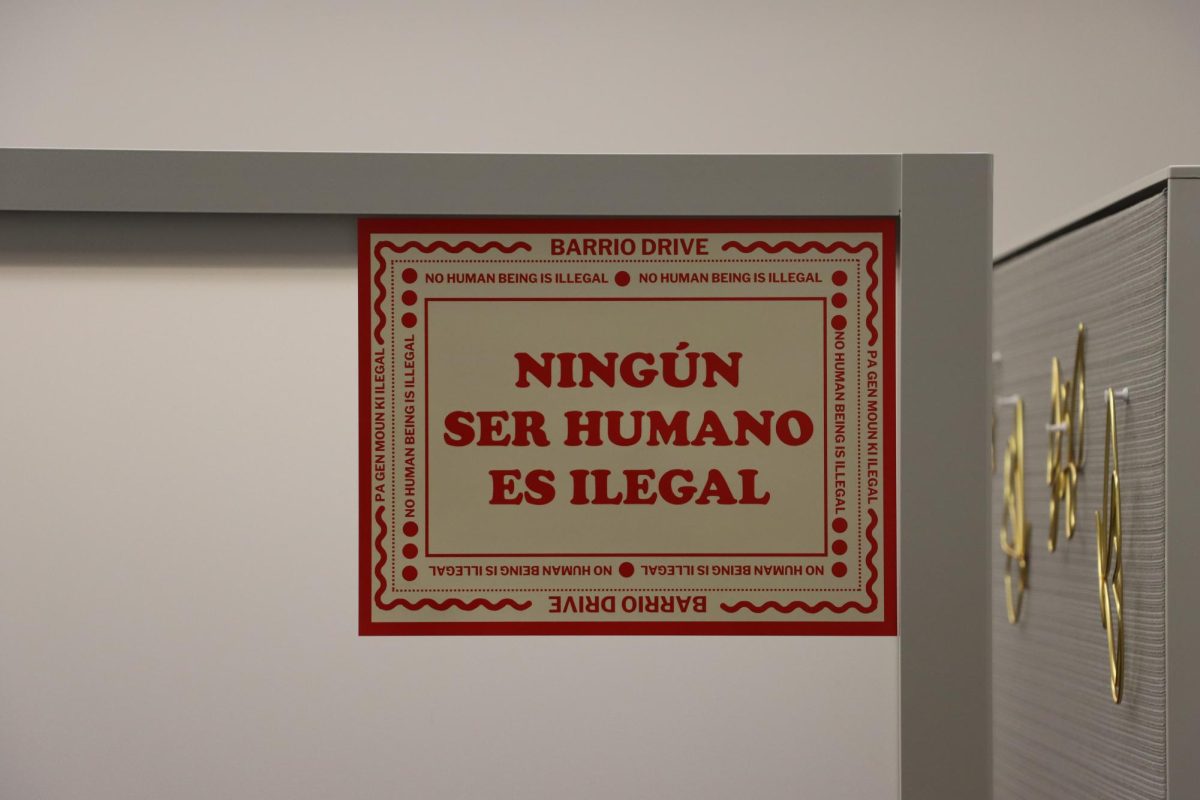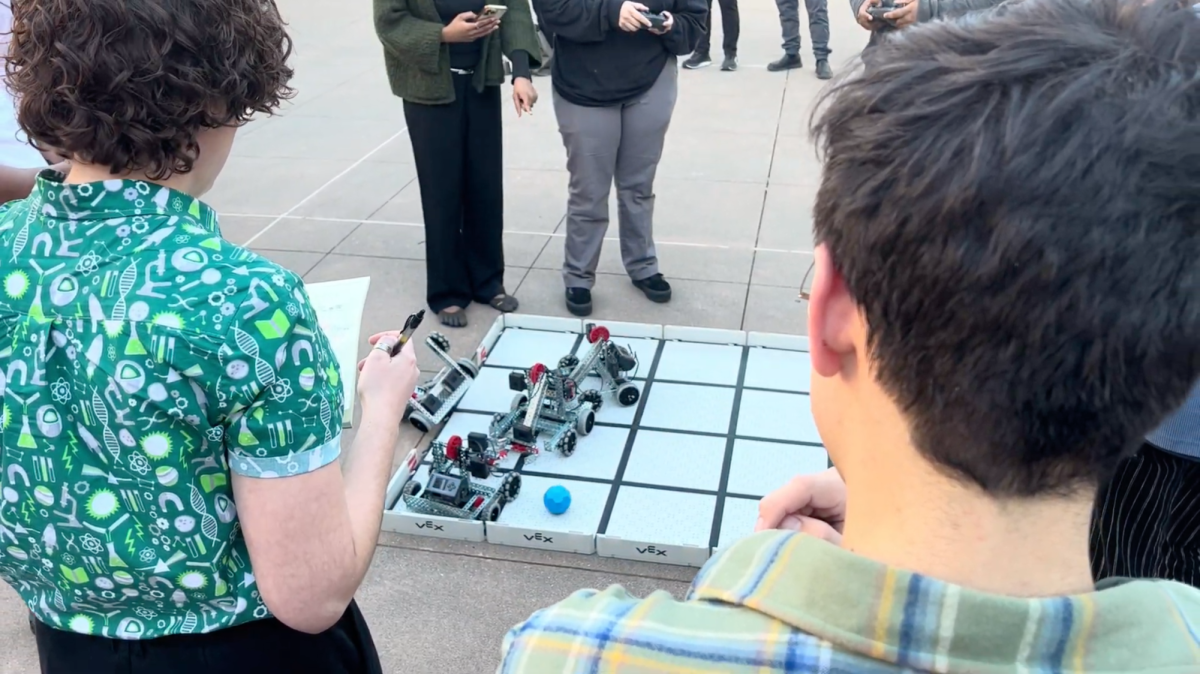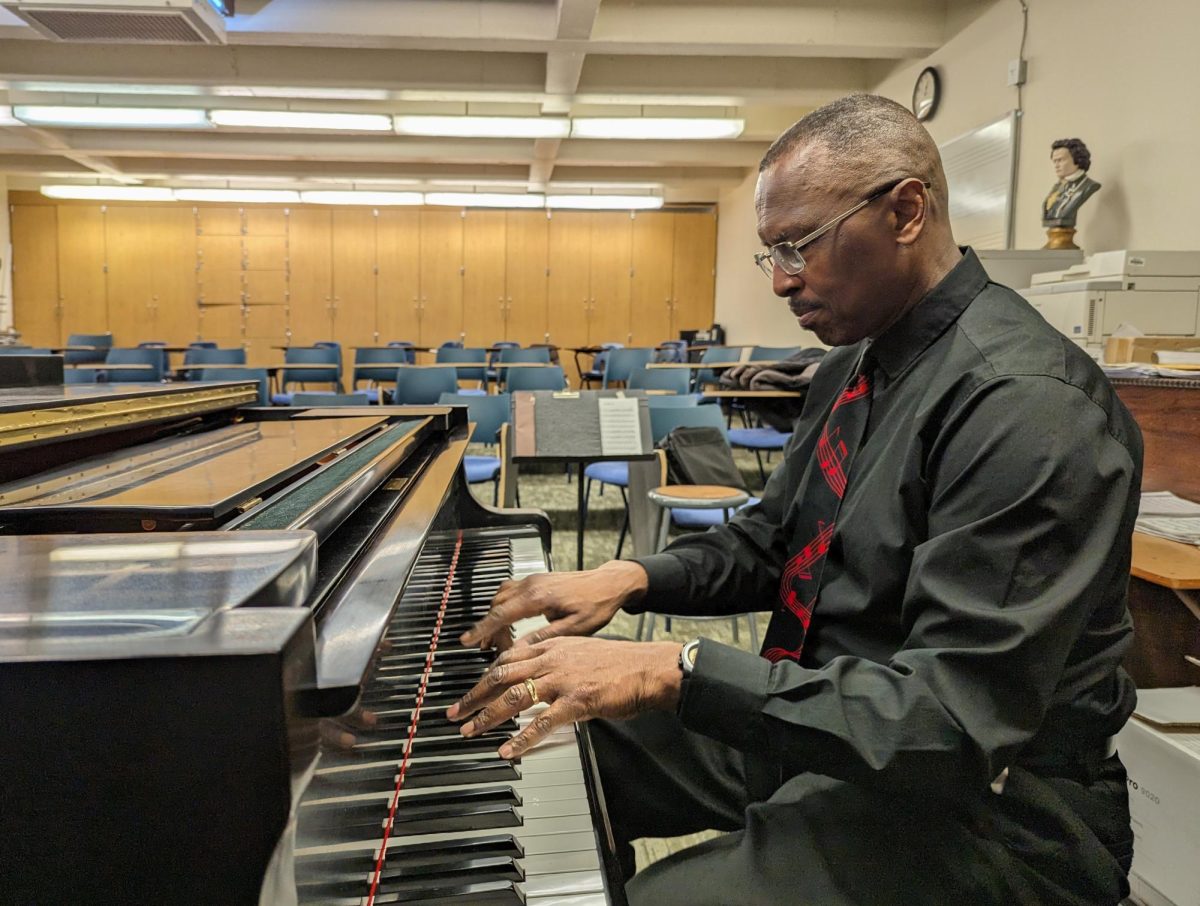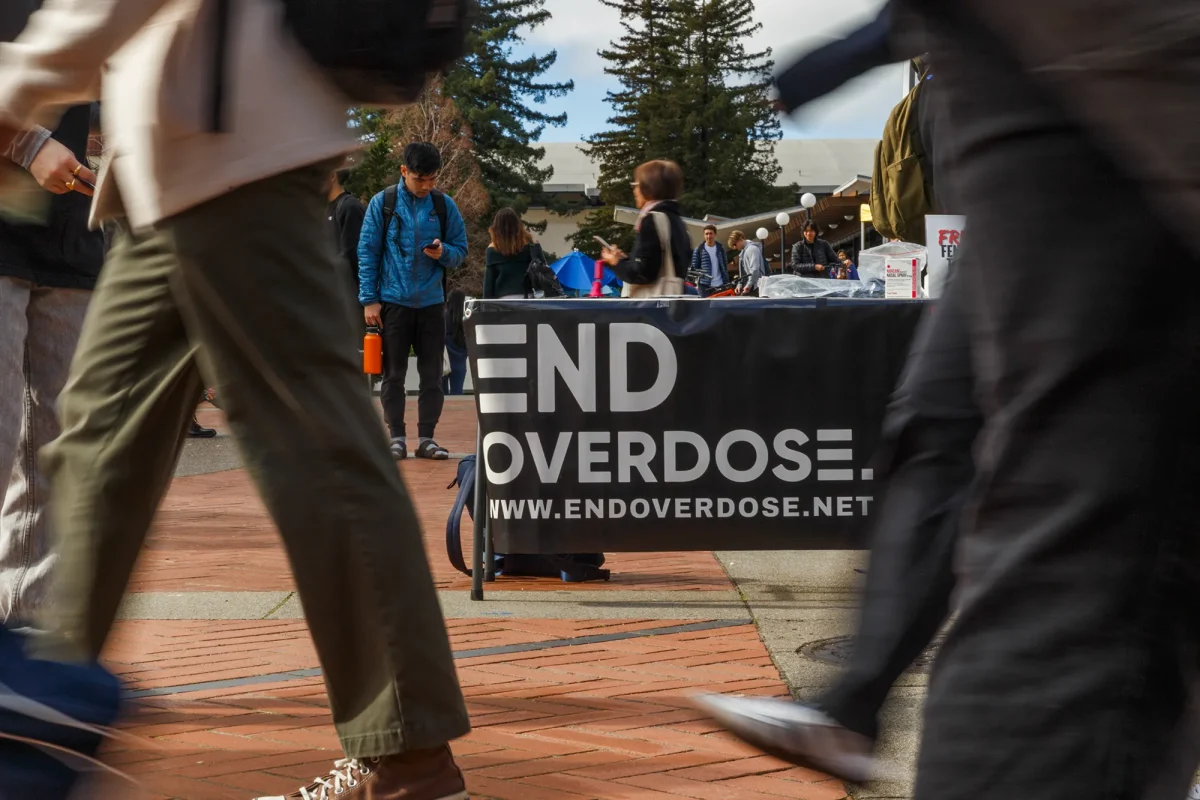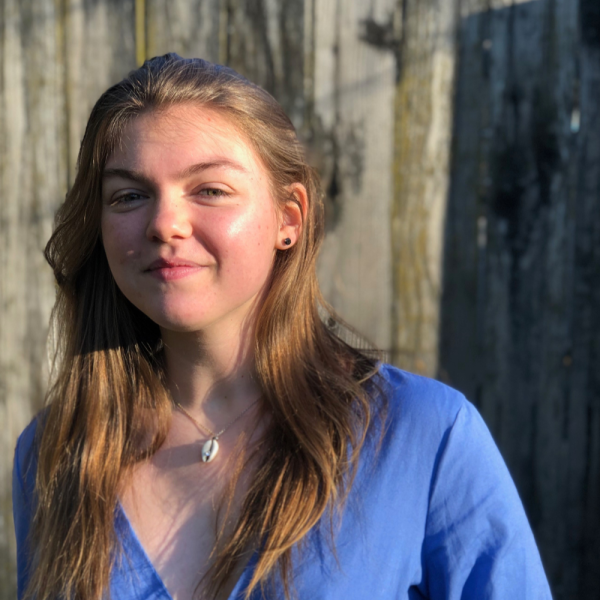State chancellor is leaving it up to individual districts to decide, but will encourage “some type of vaccine mandate” once a vaccine is granted full FDA approval
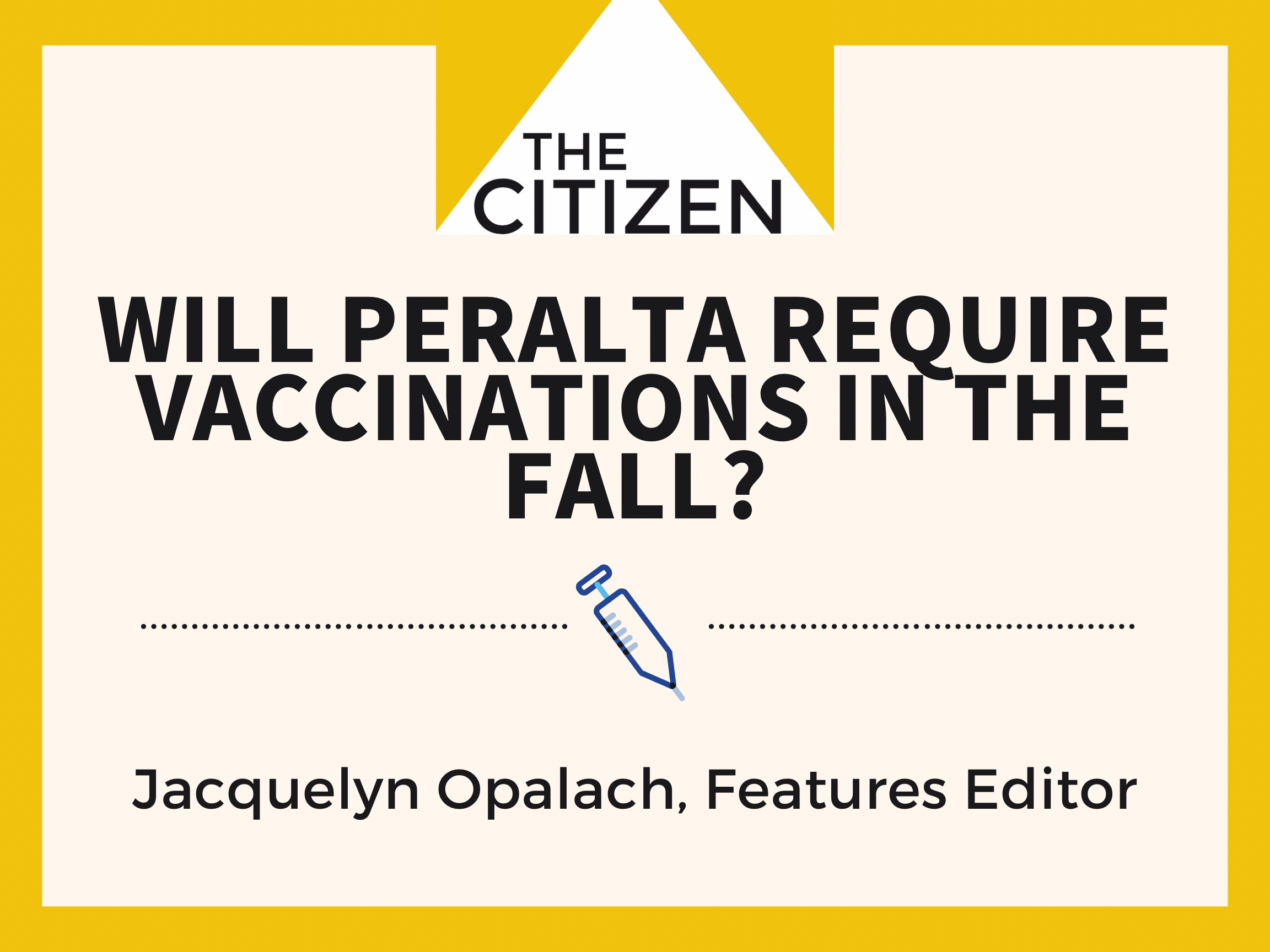
(Image by Ryan Barba/The Citizen)
May 11, 2021
By Jacquelyn Opalach, Features Editor
With COVID vaccines now available to all adults, higher education systems in California are weighing whether a vaccine requirement to enter campuses is necessary come this fall. At this time, leadership of the Peralta Community College District has not decided whether they will enact a vaccine requirement. Because the Food and Drug Administration hasn’t officially and fully approved a vaccine yet (right now, they’re being administered under an emergency use authorization), and because Governor Gavin Newsom and California Community Colleges Chancellor Eloy Ortiz Oakley have voiced different messages regarding reopening community college campuses, it’s still too early to tell if Peralta will choose to require students to get vaccinated.
Peralta has already announced that campuses won’t be fully open in the fall, and that the district is headed for a hybrid model that is somewhat more open than what colleges are currently offering. However, the district has not yet decided whether a vaccine requirement will dictate who can and cannot come to campuses for in-person classes.
Mark Johnson, Peralta’s Executive Director, Department of Marketing, Communication & Public Relations, confirmed with The Citizen that the district is discussing a potential vaccine requirement. On Wednesday, May 5, Johnson wrote in an email that the chancellor’s office discusses “policies and procedures for a safe return to campus” weekly at an “Emergency Operations Center” meeting between district and college leaders.
“This group has discussed vaccination policy and the possibility of requiring them for employees and students. A formal policy is being drafted and is still a work in progress and subject to collective bargaining negotiation,” Johnson wrote. “At this point, the Peralta Community College District is strongly recommending that all employees and students get the vaccination to prevent COVID-19 but we have not announced any requirements to do so.”
Unlike the California State University and University of California systems, which both announced last month that to enter campuses students must be vaccinated (unless they can’t due to medical or religious reasons), California’s Community Colleges system has left it up to individual districts to decide. The state chancellor’s office published a press release about this late last month, and at a student media teleconference on Thursday, May 6, Oakley explained that “the California Community Colleges, unlike the CSU and UC, we are broken up in 73 districts, so those decisions are being made at each district.”
At the teleconference, encouraging vaccines was one of Oakley’s primary messages.
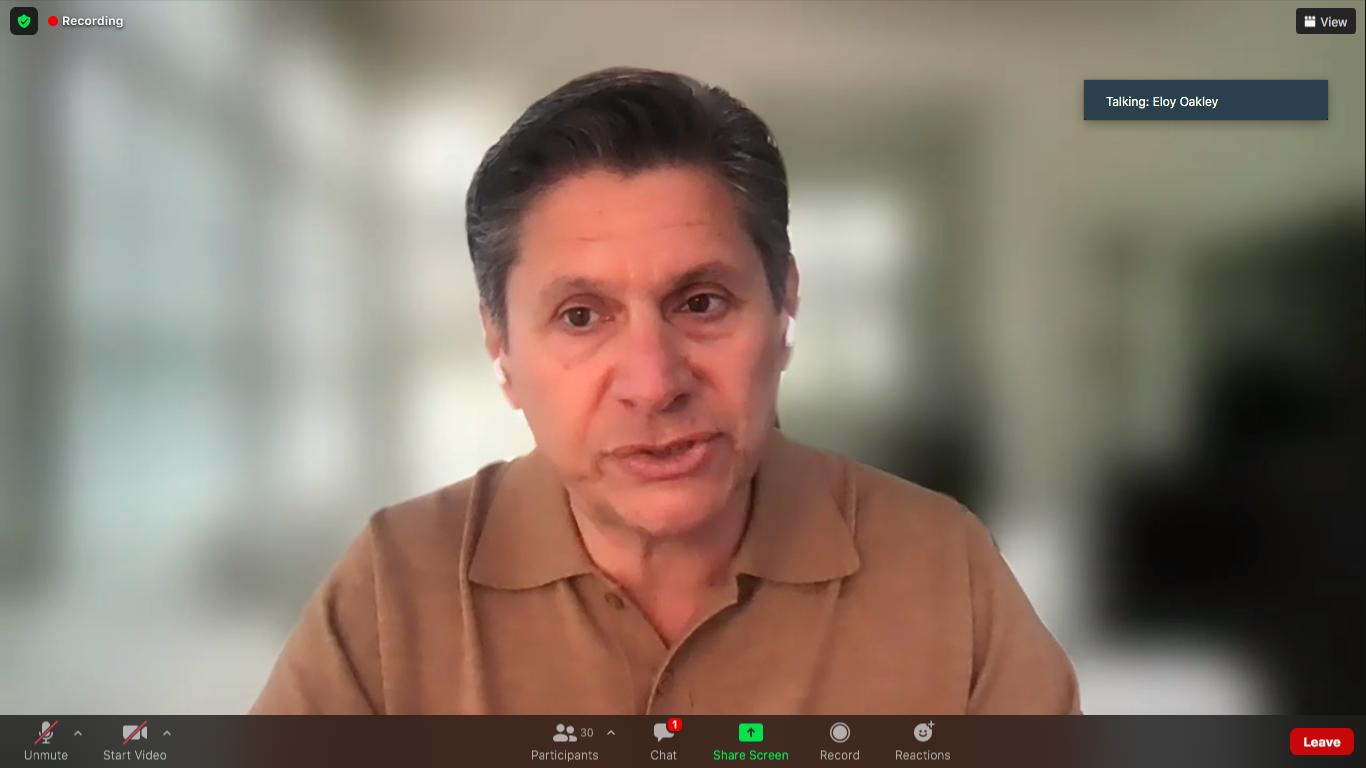
“We want students, we want faculty and we want staff to be in a position where they protect themselves and their community by getting vaccinated,” Oakley said. “So I am strongly encouraging our students — all of our students — to get vaccinated. This is incredibly important to a reopening this fall.”
Although it will ultimately be up to individual districts, Oakley noted that his office “is finalizing guidance for the colleges that will go out shortly and underscores key considerations that should inform local decision making about vaccine policies.”
That guidance was circulated the following day, on Friday, May 7. It explained that implementing a mandate would be lawful, and provided recommendations regarding what to consider when making that decision. The document notes that “whether and how a vaccine mandate should be implemented within a community college district, or on a campus, will require consideration of many local, college-specific, and individual factors. It will be critical for districts to consult with their legal counsel to address the delicate issues a vaccine requirement will raise.”
On Thursday, Oakley said that he expects “districts will do whatever they can to ensure the health and safety of our students, our faculty and our staff, so we’re working with them, and ensuring that they meet those expectations.”
What are those expectations, specifically? At the teleconference, Oakley indicated that he anticipates districts to enact a vaccine requirement. As soon as a vaccine has been fully approved by the FDA, his office will encourage districts “to follow through with some type of vaccine mandate,” Oakley said.
On that note, Oakley has been cautious regarding the feasibility of fully opening campuses by fall 2021. His hesitancy stems from an expectation that some students and faculty won’t be comfortable with 100 percent in-person instruction come fall, even with vaccinations. In an interview with EdSource last month, Oakley said he “would not want to bring 100, 200 students back into a classroom right away in the fall. So those will still be offered in some sort of hybrid mode.”
Meanwhile, last month, Governor Newsom said he expects that all schools, including K-12 and 2- and 4-year colleges, should open fully by June 15. These two different messages from Newsom and Oakley have not gone unnoticed by Peralta.
“We are balancing the directive from Governor Newsom to open up the physical campuses as of June 15 against the message from Dr. Eloy Oakley, the state chancellor, who urged caution as we plan for the return to campus,” Johnson told The Citizen. (That EdSource link was included in Johnson’s email.)
The Citizen asked Oakley to comment on the differences between his and Newsom’s messages. “I can understand how, on the surface, there seems to be a conflict,” he said, “but this is a conversation that we’ve had with the governor and his team. Internally, we don’t see that there is conflict.”
Newsom and Oakley have a shared interest in encouraging districts to plan for reopening, Oakley said. “In many cases, we won’t be at 100 percent capacity. We may still have hybrid courses, because there will still be faculty, staff and some students who, for whatever reason, feel that they have underlying health conditions, or other reasons why they feel that they’re not ready yet to be on campus,” he said. “So when I say we need to be cautious, what I’m referring to is we need to be considerate of the needs of faculty staff and students, and we need to continue to push to have as many people vaccinated as possible.”
Vaccine appointments are available at myturn.com, and Peralta has put together vaccine-related resources here.




